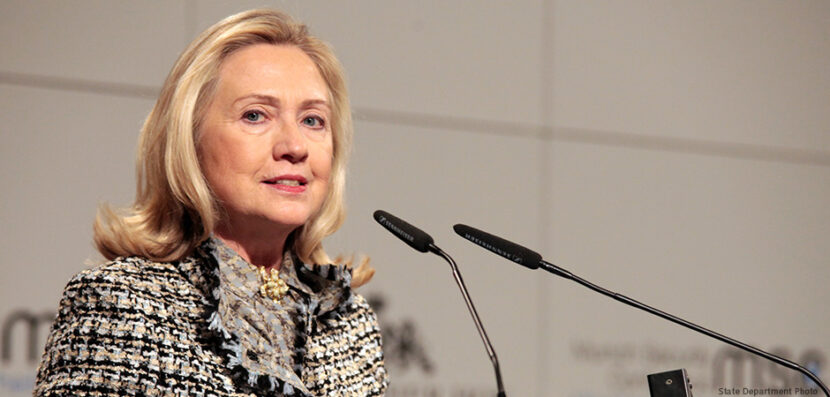
Not So Permanent Records
When Hillary Clinton completed her tenure as Secretary of State, she handed over more than 30,000 emails to the State Department. This is because under federal law, all correspondence (including digital) is considered the property of the U.S. government. However, when it was revealed that Clinton also deleted another 30,000 from a personal email account, many people (especially her opponents) did not approve.
Motivation?
While she has not done so officially, Clinton is expected to make an announcement of her candidacy for the 2016 Democratic nomination for president. Some believe that deleting messages from her personal account was a preemptive measure to avoid leaks that would serve as political campaign fodder against her.
On March 10, Hillary Clinton held a press conference following a speech she gave at a session of the United Nations. Addressing the media, she said that she complied with the law and that none of the emails she deleted contained classified material. Additionally, she said that all of her official business correspondence to other members of the State Department were automatically recorded in adherence to all government policy.
Rebuttal from Opposition
News of the former Secretary of State’s decision to delete a massive number of emails raised many questions over what information was eliminated, why, and by whose determination. Clinton claimed in her press conference that utilizing a personal email was allowed by the State Department. However, her critics say that by doing so, she actively avoided any requests allowed under the Freedom of Information Act (FIOA).
Of great interest to the U.S. House of Representatives is any information in those emails that might shed light on the former Secretary of State’s involvement in the 2011 attack on the U.S. Consulate in Benghazi. There is currently an open investigation into the invasion that resulted in the death of four people. Critics were not satisfied by the fact that Clinton’s staff responded to a State Department request to review her personal email. This is because they were allowed to voluntarily turn over what they believed to be relevant.
The Future of Posterity
Historians and biographers have expressed disappointment over the loss of what they consider to be part of the overall “historical record” of Clinton’s life. The personal archives of former presidents (as well as many public figures) are often withheld from public consumption until many years after their death. The time span of Clinton’s deleted emails covers some significant life events that would have been of interest to many biographers. This included the wedding of her only daughter, her mother’s death, and a fall that resulted in a head injury.
While some lament over the loss of “intimate” records like hand-written letters and diaries, others revel in the fact that there are more opportunities than ever before to record the behavior and personal effects of our leaders.


